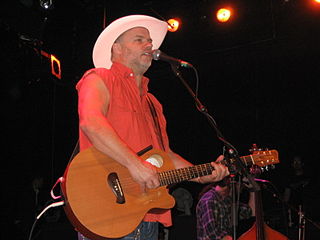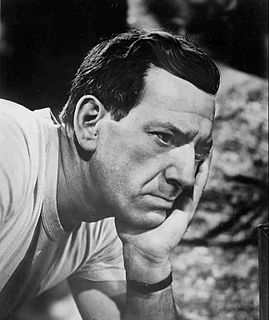A Quote by Alexander Kluge
You cannot limit yourself to one area of specialized craft. Instead, regardless of craft, you have to charge all forms of expression that lead to the community, to other people, with meaning.
Related Quotes
Art is craft: all art is always and essentially a work of craft: but in the true work of art, before the craft and after it, is some essential durable core of being, which is what the craft works on, and shows, and sets free. The statue in the stone. How does the artist find that, see it, before it's visible? That is a real question.






































